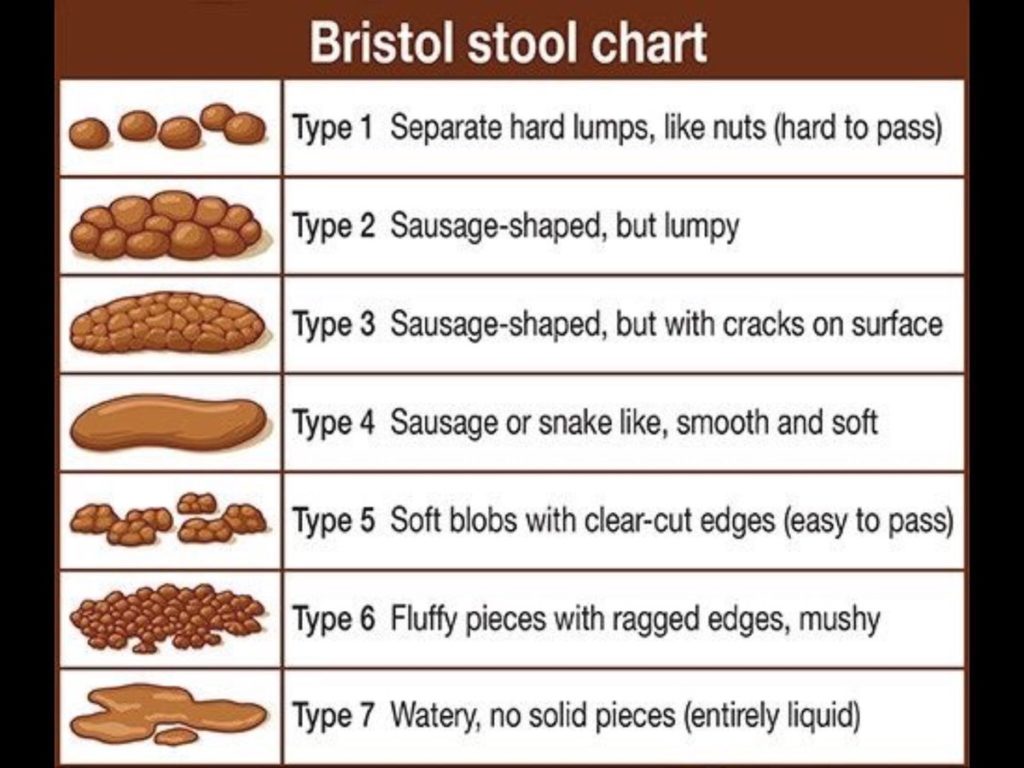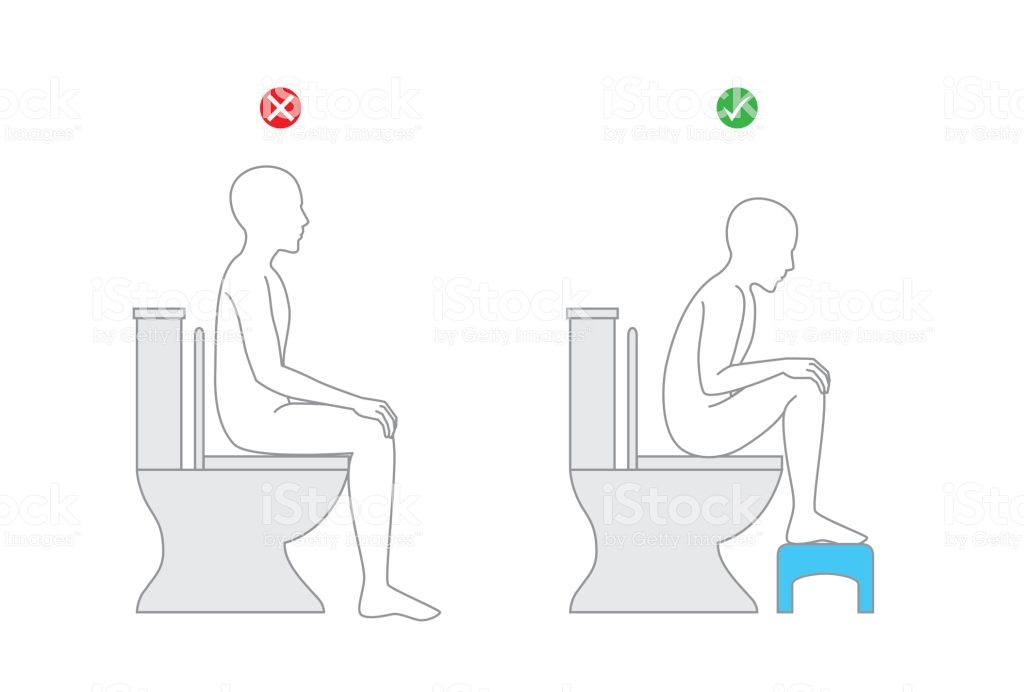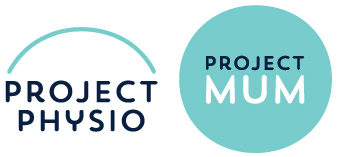Constipation can be very much part of a woman’s pregnancy journey, especially as the weeks go on. Whilst there are physiological reasons why it happens, we do want to minimise it as best we can in order to look after our pelvic floor.
Why Does it Happen?
There are a few main reasons why we become more constipated in pregnancy:
1. The hormonal changes we experience through pregnancy actually slow the transit of the stool through the bowel. The purpose of the stool moving through the intestines/bowel is to remove water from the stool in order to form a stool we can pass. However, if the stool moves too slowly, too much water is absorbed making the stool much harder and more difficult to pass, which is what happens when we are pregnant.
2. A normal part of digestion and bowel motion relies on the movement of the abdominal muscles and the diaphragm. As our bellies expand with growing bubs and our diaphragm is pushed upwards, we loose this mechanical effect of moving the stool through the system.
3. Our diet may also change with morning sickness or cravings and often we take in less fibre and fluid. Expanding bellies also mean mums struggle to fit in large amounts of food, especially the amount of recommended fruit and vegetables.
Why do we want to minimise constipation?
If a stool is too hard and difficult to pass often we have to strain to get it out. This straining puts huge amount of stress on already weakened pelvic floor muscles from pregnancy. We are trying to look after the pelvic floor as best we can in order to improve function after birth and hence it is really important to avoid straining. Straining can also lead to hemorrhoids or fissures (small cuts inside the anus) which can be extremely painful and not something you want leading into labour. The digestive system also shuts down during labour and can take a while to get going again especially after a long labour, so again we want everything to be working well before hand to make less stress for ourselves postnatally. It also just isn’t that nice to be constipated.

How to minimise constipation?

Firstly if you are concerned, then please speak with your Midwife or GP.
You are ideally looking for a Type 3-4 stool on the chart above. It should take less than a minute or so to pass your stool, if it takes much longer than this again you will be putting too much load on the pelvic floor.
Here are some tips about how you can help reduce constipation.
- Get the consistency of the stool right (type 3-4). Start by increasing fluid intake and then food that may help (fruit, veg etc). If this doesn’t work and you are still passing a Type 1, then it may be worth having a conversation with your GP, Midwife of Pharmacist.
- Toilet positioning will help. Your knees need to be higher than your hips to help the rectum/end of bowel be in a good position to help pass easily. Put your feet on a stool (or a couple of toilet rolls under each foot) and lean forwards slightly. In Asia the culture is to squat on the toilet, which is actually a much, much more effective way to empty your bowel.
- As soon as you get the urge to go, then go straight away (or within 10 minutes). Do not try to go when you don’t have the sensation as this will cause extra strain. If you miss the window when you have the urge, you are better to wait for another urge than force it out.
- Do some deep breathing exercises and upper back mobility exercises in order to keep some movement through your trunk to aid the natural movement of bowel contents.
You certainly don’t need to panic if you are feeling a bit constipated. And like anything baby related, everyone is so different and some women will be far more affected than others. But if you can be mindful and keep things moving as easily as possible, it may help you in the long run.
A Women’s Health Physio is also a great person to speak with regarding all of the above, so please reach out if you need any support.

Pingback: Postnatal Constipation: Everything you need to know!! | Project Physio | Emily Burmester Physiotherapy | Mount Maunganui